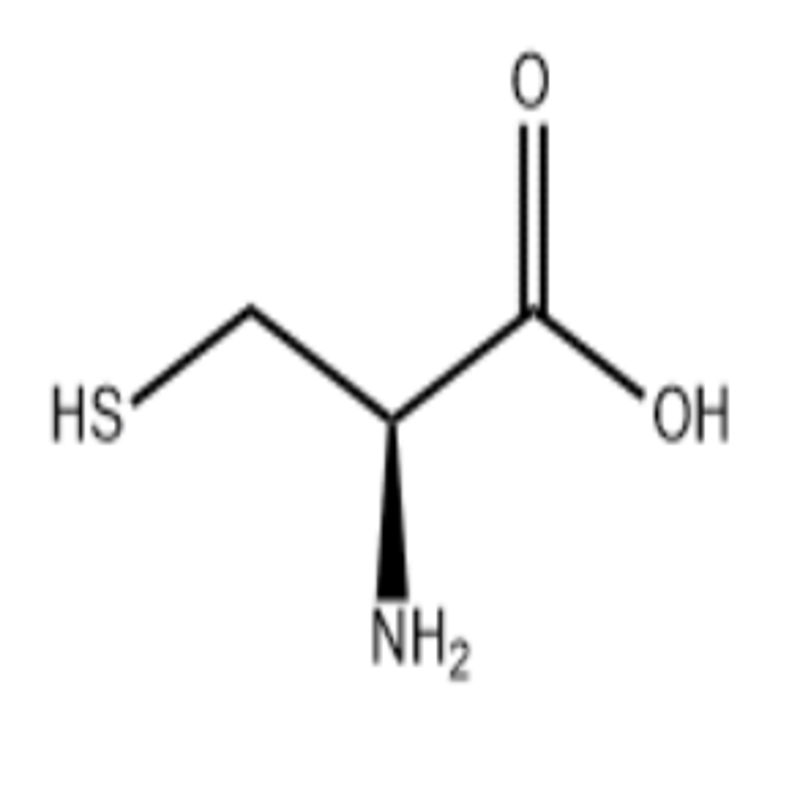The research explores the mechanism by which anti-reverse gene regulation plants should cope with harsh environment
-
Last Update: 2021-03-11
-
Source: Internet
-
Author: User
Search more information of high quality chemicals, good prices and reliable suppliers, visit
www.echemi.com
recently, researchers at Hefei University of Technology successfully discovered for the first time the mechanism by which the functional gene DFR1 regulates the adaptability of plants in the face of harsh environments, opening up a new theoretical path for improving the ability of agricultural crops to resist freezing and drought. The findings were published
Journal.
To explore the regulatory mechanism of the functional gene DFR1, Cao Shuqing of the School of Food Science and Engineering of the university, in cooperation with Liu Yongsheng, successfully cloned the gene and carried out a series of studies in the model plant athropomorphic mustard. The study confirmed that the gene achieves the response of plants to various environmental stresses by regulating the dynamic balance of proline in plant cells.
In harsh environments such as drought and low temperature, the gene-coded DFR1 protein interacts with two key enzymes in the proline degradation pathway and significantly inhibits its activity, thus blocking the entire proline degradation pathway, increasing proline content and thus increasing plant tolerance to harsh environments.
results show that the expression of the DFR1 gene increased 400 times when model plants were placed in arid or low temperature environments, and the proline content in plant cells increased 50 times, and remained at a high level in harsh environments. Under the control of this gene, the tolerance of DFR1 over-expression plants to harsh environments was greatly improved, and the plant survival rate was 3 to 4 times higher than that of wild ones under conditions of severe drought for 18 days or 12 hours-8 degrees C freezing.
it is reported that by improving the expression level of the gene through gene editing technology, this achievement can greatly improve the survival rate and biomass of plants in harsh environments, and has great application prospects in the fields of agro-crop anti-reverse molecular breeding. (Source: Zhou Hui Yang Baoguo, China Science Daily)
This article is an English version of an article which is originally in the Chinese language on echemi.com and is provided for information purposes only.
This website makes no representation or warranty of any kind, either expressed or implied, as to the accuracy, completeness ownership or reliability of
the article or any translations thereof. If you have any concerns or complaints relating to the article, please send an email, providing a detailed
description of the concern or complaint, to
service@echemi.com. A staff member will contact you within 5 working days. Once verified, infringing content
will be removed immediately.







